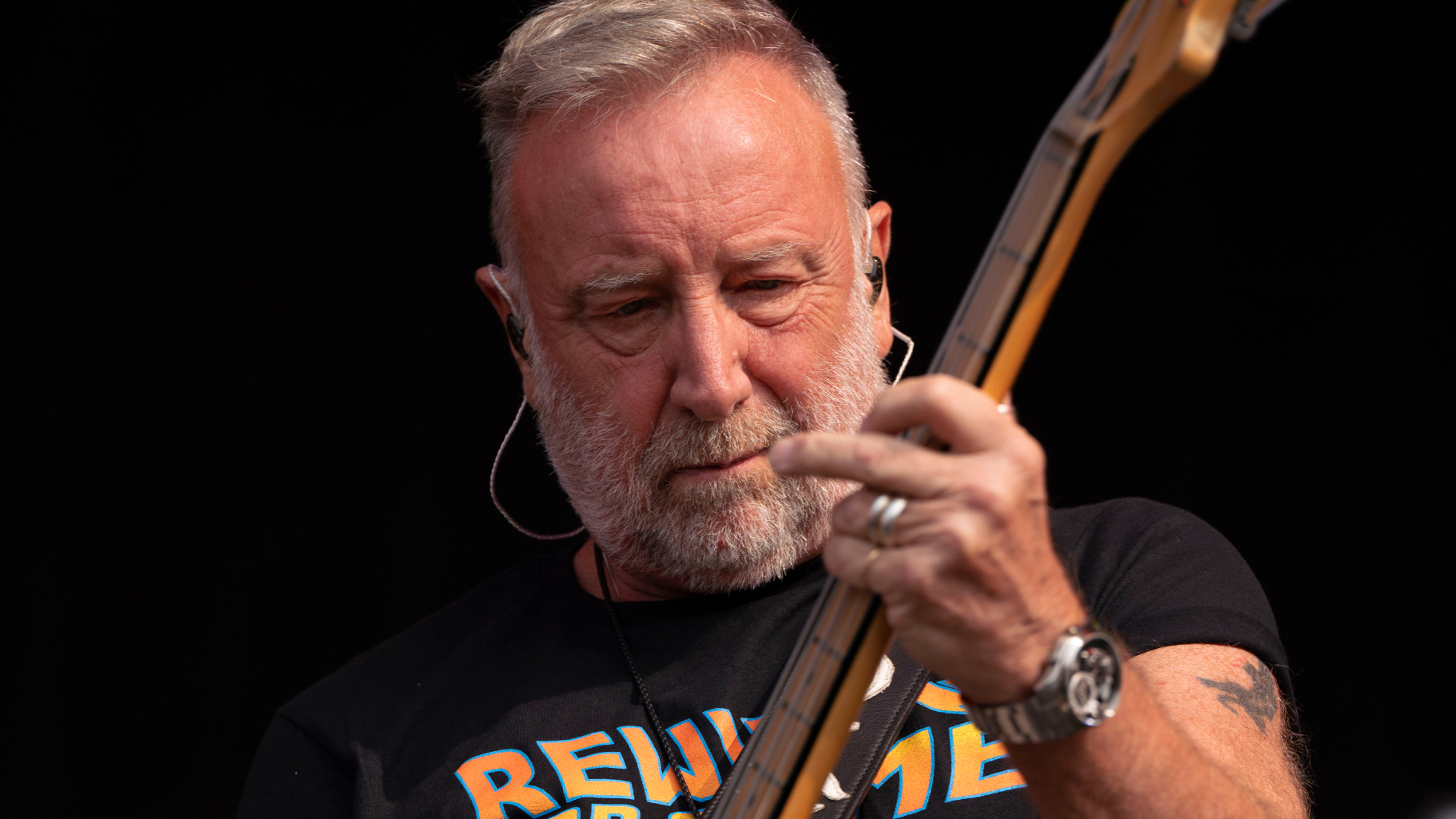ABBA’s Björn Ulvaeus says that AI will be “the most fantastic co-writer you will ever have”
The legendary Swedish musician reports back on a “mind-boggling” demo he recently received from an unnamed big tech company
AI might not be ready to put music producers out of a job just yet, but having recently been treated to a demo of the next generation of machine-powered composing software, ABBA’s Björn Ulvaeus says that “what you’ve heard so far is nothing against what’s coming.”
Speaking to Rick Beato, the music legend revealed: “I had an AI model demonstrated to me a couple of weeks ago by one of the really big tech companies. I was blown away by the potential. What they showed me was mind-boggling.”
On hearing this, Beato spoke for many musicians when he said “I’m getting nervous,” but Ulvaeus thinks it’s important to take a balanced view of AI’s impact.
“You have to be defensive and offensive at the same time as a creator because it’s a fantastic tool,” he argues. “It will be the most fantastic co-writer you will ever have, but on the other hand, these AI models will be trained on music that people have written. I don’t know if it’s too late, but certainly we have to fight for the writers of that music so that they can get remunerated in some form or other.”
As Ulvaeus concedes, though, this could be very difficult, not least because determining that an AI-composed piece of music is derived from something that a human wrote could be all but impossible.
“I don’t know if [musicians] will be able to opt out if they don’t want to be ‘trained on’. But I suspect that that’s going to be very difficult to prove - whether a model is trained on Abba music or not,” offers Ulvaeus as an example. “Because from what I heard coming out of that demonstration was that if you ask [AI] to write an Abba-like melody you would never be able to recognise that. You’d never be able to hear that it had come from Benny [Andersson] and me if it’s sung by someone else, which in this case it was.”
Of course, you could argue that every songwriter draws inspiration from what came before, whether they acknowledge it or not. If it turns out that AI composers are forced to credit and financially compensate their ‘sources’, there’s a case for saying that human musicians should do the same.
Get the MusicRadar Newsletter
Want all the hottest music and gear news, reviews, deals, features and more, direct to your inbox? Sign up here.
This isn’t the first time that Ulvaeus has commented on the current state of songwriting; back in 2021, he told Music Week that he felt that songs penned by large numbers of people risked becoming impersonal. “Where's the heart?” he asked. “Who is responsible for this? Whose emotions are we going to go by when there are 15 [writers].”



I’m the Deputy Editor of MusicRadar, having worked on the site since its launch in 2007. I previously spent eight years working on our sister magazine, Computer Music. I’ve been playing the piano, gigging in bands and failing to finish tracks at home for more than 30 years, 24 of which I’ve also spent writing about music and the ever-changing technology used to make it.



![PRS Archon Classic and Mark Tremonti MT 15 v2: the newly redesigned tube amps offer a host of new features and tones, with the Alter Bridge guitarist's new lunchbox head [right] featuring the Overdrive channel from his MT 100 head, and there's a half-power switch, too.](https://cdn.mos.cms.futurecdn.net/FD37q5pRLCQDhCpT8y94Zi.jpg)





